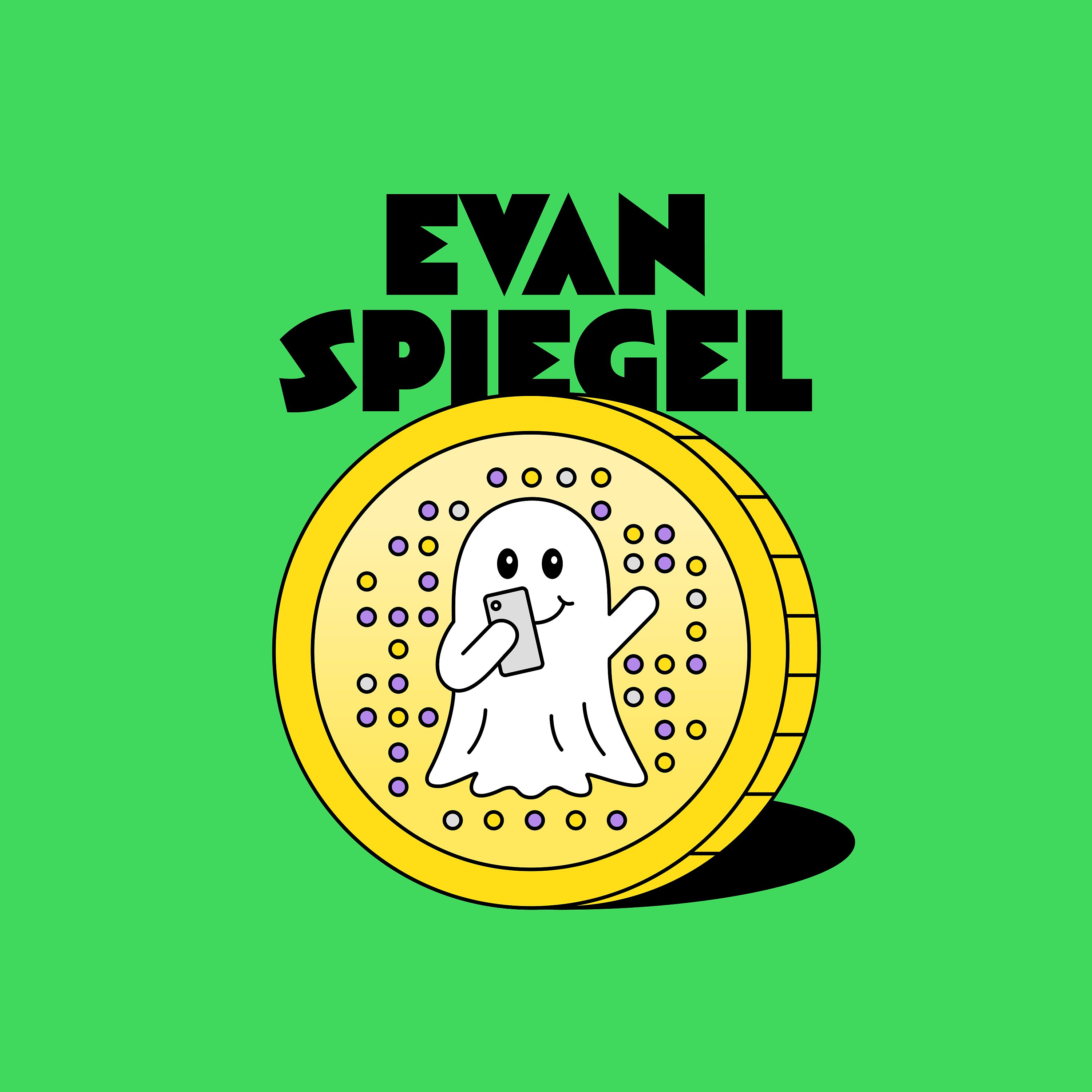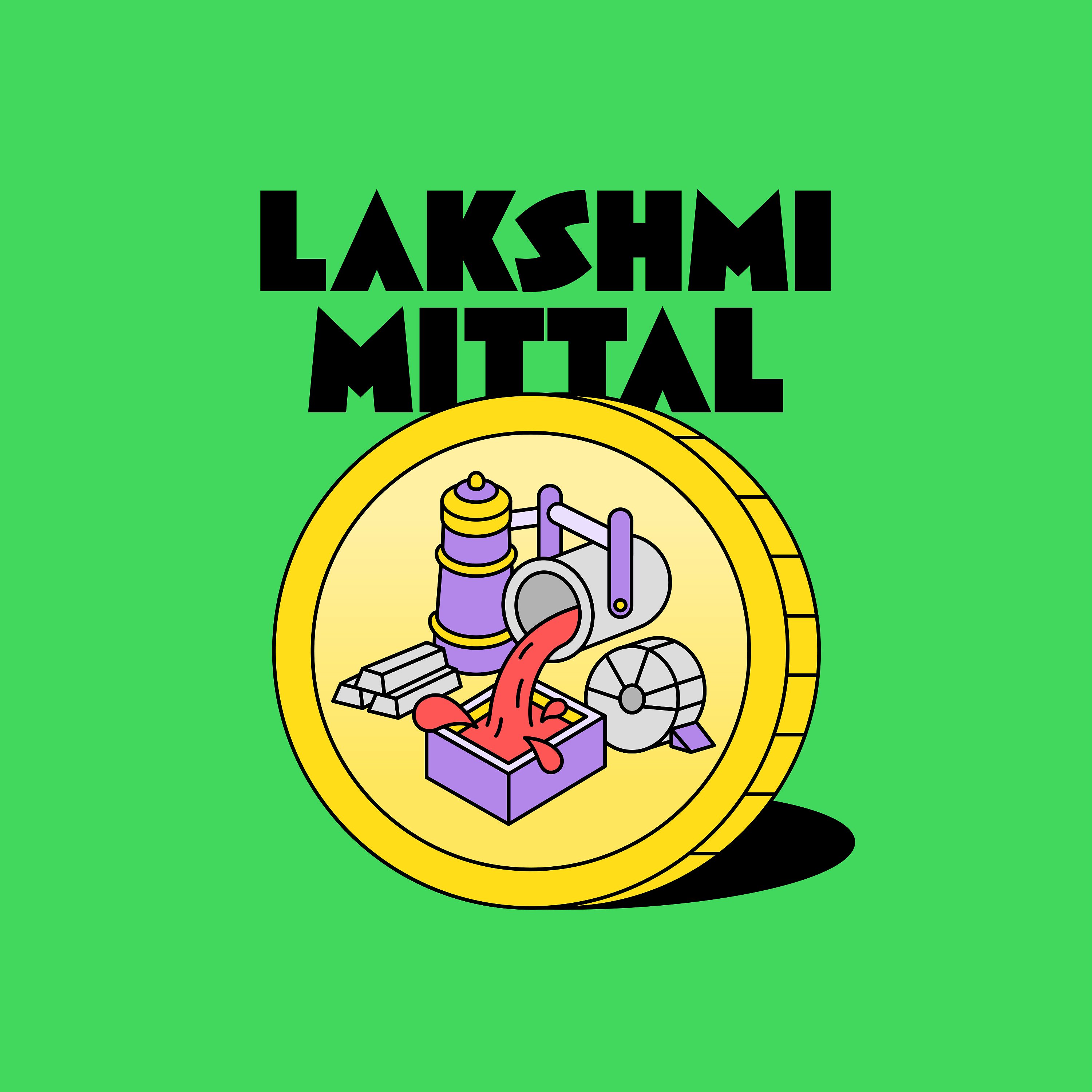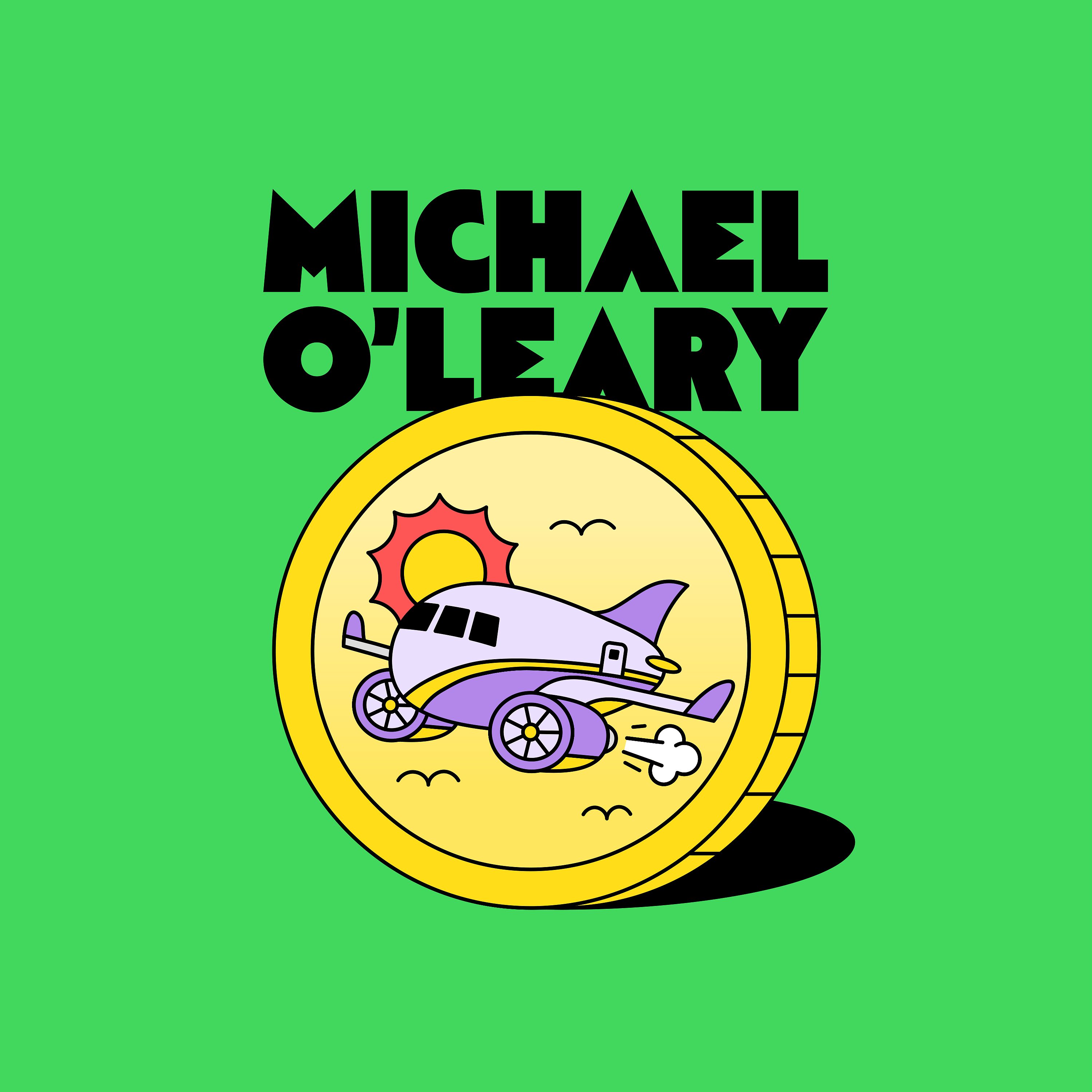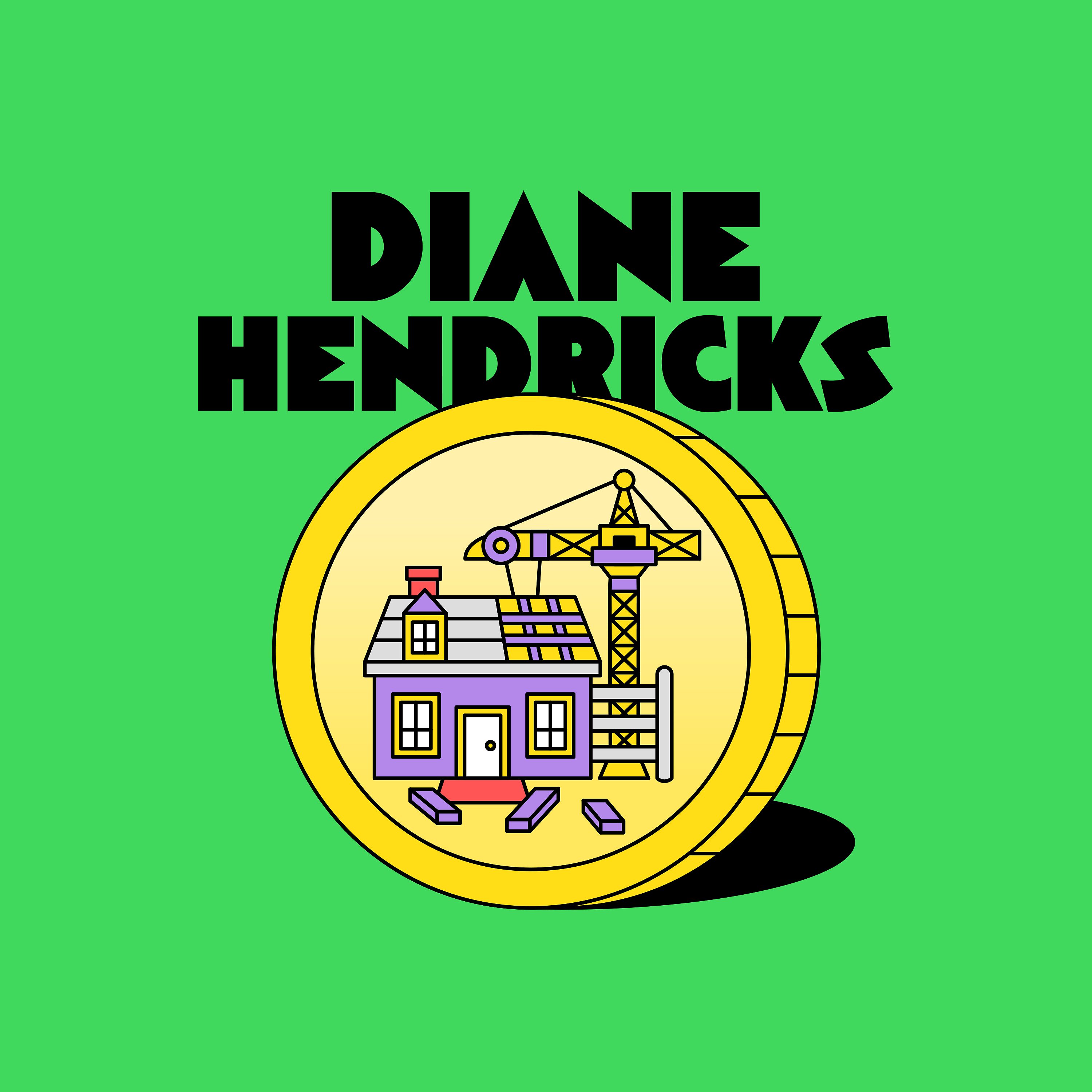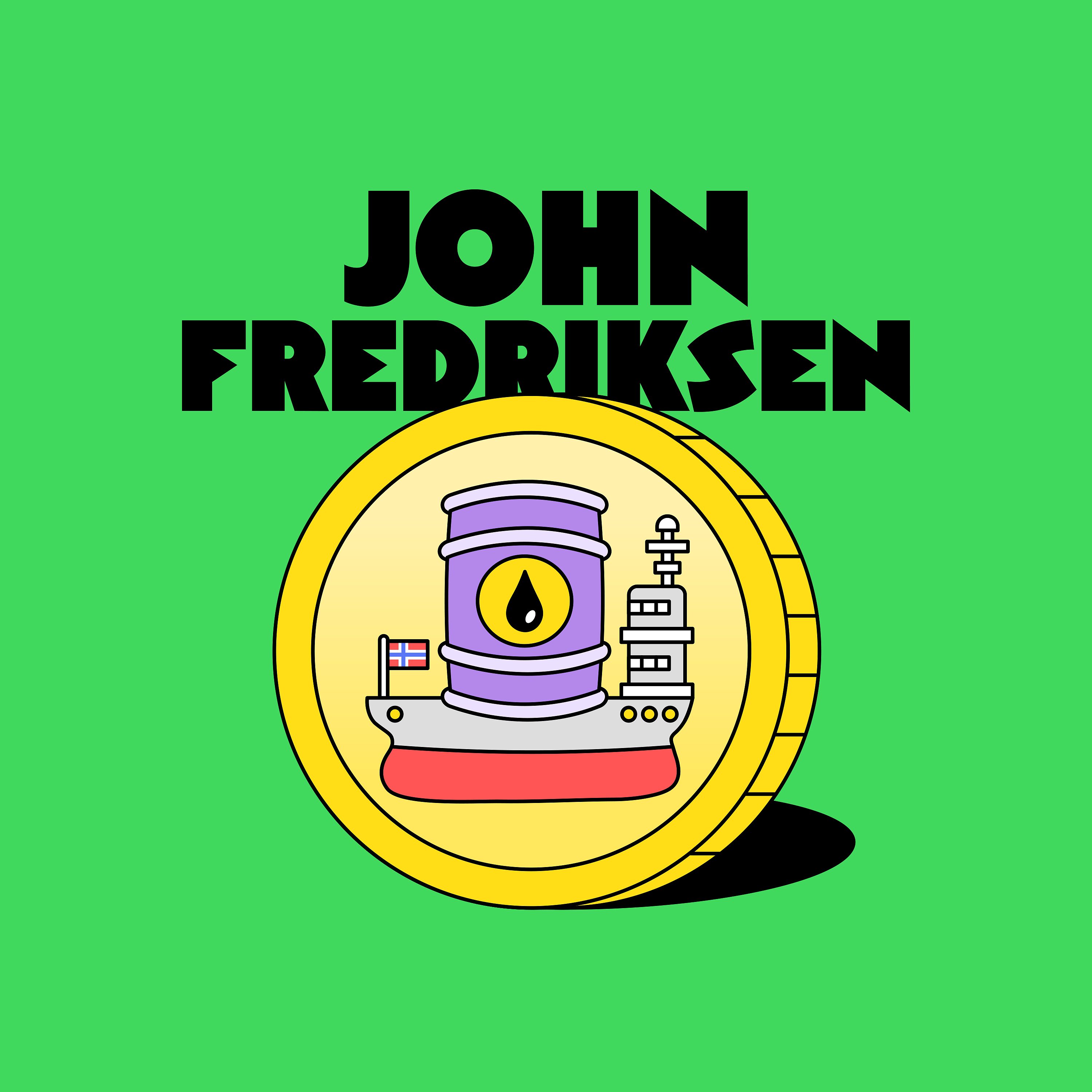Evan Spiegel: Snapchat fratboy
Snapchat co-founder Evan Spiegel dropped out of Stanford Business School when the disappearing messages app made him a millionaire. Four years later, he was named the world’s youngest billionaire at 25.
BBC business editor Simon Jack and journalist Zing Tsjeng tell Spiegel’s story, from shy schoolboy to partying teen, to tech titan, all in just a few years. Spiegel formed Snapchat with a fraternity buddy and their app soon spread around the world, but old emails and a lawsuit caused controversy.
Good Bad Billionaire is the podcast that explores the lives of the super-rich and famous, tracking their wealth, philanthropy, business ethics and success. There are leaders who made their money in Silicon Valley, on Wall Street and in high street fashion. From iconic celebrities and CEOs to titans of technology, the podcast unravels tales of fortune, power, economics, ambition and moral responsibility, before asking the audience to decide if they are good, bad, or just billionaires.
To contact the team, email goodbadbillionaire@bbc.com or send a text or WhatsApp to +1 (917) 686-1176. Find out more about the show and read our privacy notice at www.bbcworldservice.com/goodbadbillionaire
Press play and read along
Transcript
Transcript is processing—check back soon.
